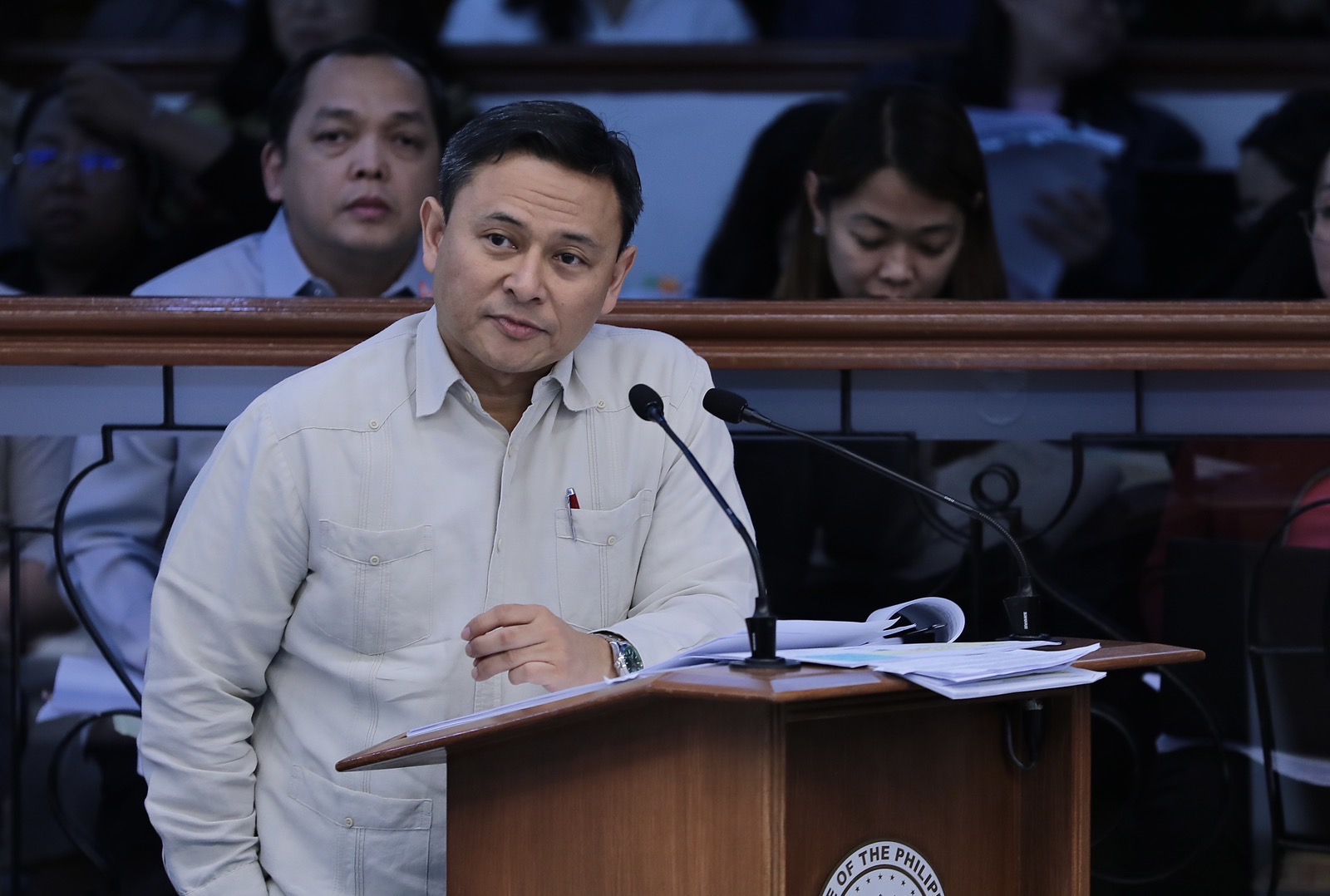DepEd taps experts for better Pisa scores
MANILA, Philippines — The Department of Education (DepEd) has formed a task force that will supervise the improvement of Filipino students’ performance in the upcoming Programme for International Student Assessment (Pisa) exams next year, Education Secretary Sonny Angara disclosed on Sunday.
The Pisa exams, which measures the skills of 15-year-old students in mathematics, science and reading, caused great embarrassment to the government.
In the last Pisa testing in 2022, the Philippines ranked sixth from the last in mathematics with an average score of 355.
In science, it ranked third from last in science with an average score of 356 and sixth from last in reading with an average score of 347.
The Pisa exam was meant to evaluate educational systems and not the scholastic abilities of students. However, the last results last year spawned severe criticism of education officials.
Article continues after this advertisementAngara did not say when the task force was created, but he said the DepEd leadership has been receiving weekly updates from the task force on the preparations for the Pisa exams in March 2025.
Article continues after this advertisementOf the 1.9 million students from both public and private schools nationwide, only 7,000 students will take the Pisa exams, based on Pisa’s own choosing, from 200 schools, Angara explained.
Test preparations
There will be three stages for the Pisa exams’ preparation and planning, he added.
“What we did, as part of our preparation, was to get Pisa-type exams [for the students’ review]. Because what’s challenging in the Pisa exams, unlike the Bar exams where you can see the previous exams, it is much more secretive since apparently, some questions are being asked again [in the exams],” Angara said in a radio interview.
He noted that the DepEd has tapped some experts who can formulate “new Pisa-type questions” to prepare students.
According to Angara, it was the first time for some students to even use a computer and had difficulties using it.
“So, we are trying to prepare them in the exam techniques so they won’t feel any pressure once they finally take the Pisa exams,” he said.
Angara also said they asked some of the “successful” students in the Pisa exams—especially coming from Metro Manila, Central Luzon and Cordillera—to share their best practices for the test.
The schools where the exams will be held will be known by January and the 7,000 participating students by February, according to Angara.
“Once we find out the schools, we will be providing them with their needs for the exams such as computers and we will form special sections and classes for them to prepare, as well as for the students to have a tutoring program for the Pisa,” he explained.
“For the 7,000 students who will participate, we will also provide each student with what they need. What food they need and the necessary support they will need for the exams. I mean, this is like a championship game, we have to have them prepared,” Angara added.
